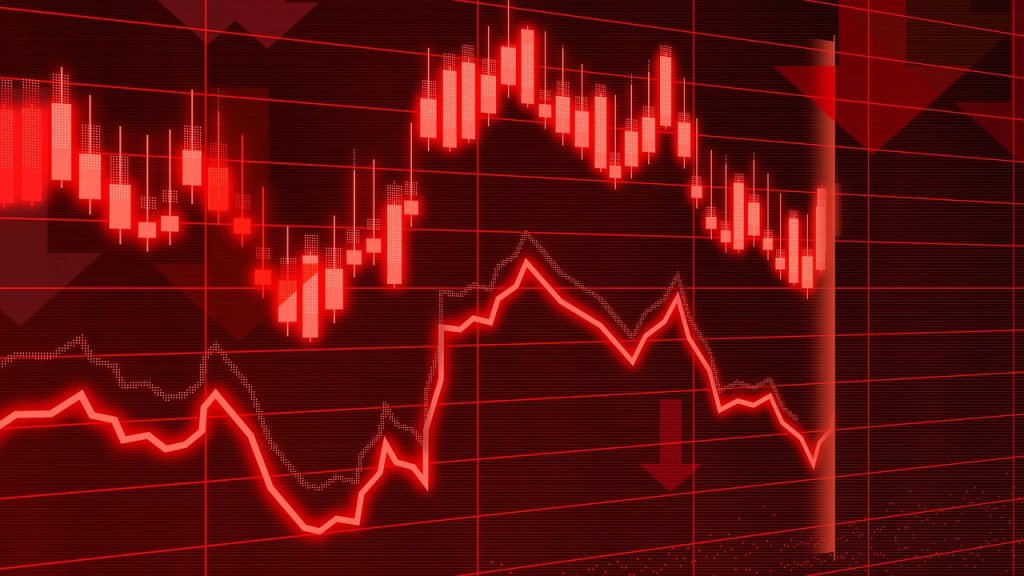100 Years Of Turkish Republic And Geo-Economic Challenges – İnan Rüma

This piece is an addition of a longue durée overview to the “Geo-Economic Challenges Faced by Türkiye” published on December 2022. It is to examine the geo-economic challenges to Türkiye within the framework of three colossal global economic crises of 1929, 1973 and 2007-2008. These three crises have resulted in gravest world war (1939-45), a significant change of world order (1973-2008), and serious world disorder such as the current 2007-2008 crisis.
Turkish response to the ramifications of these three crises have been different as a result of both international and domestic factors. Current discussions on the world (dis)order and Turkish state and foreign policy seem pretty similar to those in 1930s while neo-liberal globalization after 1973 is generally argued to pave the way for the current crisis. The main similarity is the discourse on (political) economic sovereignty, while the main difference is a consistent foreign policy. The Republic of Türkiye has continued its unbalanced journey through three crises with reorientations. What has been constant is the debates on reorientation and capacity.
1929 crisis destroyed the liberal attempt to restore the world order after the First World War. Economic nationalism coupled with political nationalist authoritarianism dominated the international scene, which notoriously led to the catastrophic Second World War. The geo-economic challenges had been the devastating collapse of the monetary system, strikingly downward spiral of international trade, various bankruptcies, depressingly high unemployment; and thus, governments’ disability to pursue an effective macroeconomic policy to sustain the states. Within this framework, the main geo-economic challenge of the time was the maintenance of some state capacity that had already been in restoration for the older states and construction for newer ones after the war. This was aggravated by the need of increasing defense expenditures to reform the armies for a probable war as a result of nationalist authoritarian regimes.
Turkish response to the Great Depression of 1930s was deliberate, substantial and continuous harmony to the post-war settlement, and the industrial investments to increase the economic sovereignty of the country. The share of industry in the economy jumped from (pre-1929) 10,5% to 16,6% in 1935. However, Turkish exports were pretty mono-dimensional and the share of Germany increased up to 40%. Türkiye has deliberately refrained from interstate rivalry in its continuation as a peaceful status quo state, and benefited from the nationalism in its search of economic independence. This political economy fueled the neutrality in the war. Türkiye succeeded both to remain out of war and to found the basis of a modern industrial economy. For instance, this was the only and last time of foreign trade surplus in modern history including the Ottoman Empire’s last century.
The experiences of the 1929 crisis also formed the post-1945 world order that is still and somehow valid. The liberal designers of the post-war world order have delivered the indispensable international institutionalization and division of labor in an American centered world (political) economy. Türkiye had taken place in this new international (political) economic order. Turkish response was a reorientation through re-emphasizing agriculture (instead of industrialization of 1930s), incentives to foreign capital (instead of nationalization), and increasing imports (instead of a domestic oriented national economy). This has been often seen and occasionally criticized as the Americanization of Turkish political economy and Turkish foreign policy.
1973 has meant the inauguration of the neo-liberal globalization. One may fairly question whether its consequences to increase the liberalization of capital markets has been in accordance with its reasons such as uncontrolled international capital movements. The oil crisis overshadowed the already existing financial crisis, and, thus the energy security had become a main geo-economic challenge. Türkiye’s initial response has been increasing relations with the Soviet Union that has already (re)started with an economic agreement in 1967. This response included a renewed emphasis of the former objective of heavy industry, such as steel and metallurgy, to the extent that Turkey has become the most helped developing country by the Soviet Union in 1978. This has reached an energy cooperation with an agreement in 1984 despite the heavy conditions of the so called the second Cold War.
Türkiye’s ensuing response has been marked by the liberal economic decisions of 24 January 1980 and 12 September 1980 military coup that has facilitated the imposition of this liberal market economy at the expense of social security to the society. It has been gradual but influential harmony to the neo-liberal globalization with the religious conservative-economic liberal rule beginning with 1980s civilian governments to be continued inconsistently in 1990s and reaching its peak in 2000s. Since 1980, Türkiye has been one of test and show cases of growth and crisis cycles of neo-liberalism.
2007-2008 global economic crisis caused a break to neo-liberalizm to the extent of a huge and controversial process named deglobalization. Main geo-economic challenge was the continuation of the export led growth of Turkish economy, which was deemed essential both for the domestic objectives of a governing political party that wants to stay eternally in power and for foreign policy activism that all Turkish post-Cold War governments have emphasized in one way or another. Additionally, the energy security has been problematized again due to structural current account deficit mostly because of energy imports, to increasing social sensitivities on the global and national ecological crisis, to a renewal of nationalism in Turkish political economy, and to conjunctural international developments such as the war in Ukraine.
In conclusion, navigating through three colossal global economic crises with fatal political ramifications in its first 100 years, Turkish Republic could provide some state and social capacity to cope with the geo-economic challenges from the avoidance of dependence in the war mongering power politics of 1930s to the participation to the international division of labor in the post-war world and later to the neo-liberal globalization after 1973, and to the instabilities of deglobalization in 2010s and 2020s; though the latter with ample oscillations until recently. The current main geo-economic challenges seem as the reform of the production and exports in line with the ecological and technological (digital) transitions as certainly required by the European Union that is the main export market for Türkiye. Moreover, the management of new (inter)dependencies with the newly developing global capitalist centers in Asia such as China and India seems challenging, at least because of those famous new transport corridors that are -in fact- questioning Turkish place in the European market. Last but not least at all, the energy security is yet another challenge with all the above mentioned aspects. One can only hope and strive for more security and welfare for Turkish citizens in this turbulent world (dis)order, most particularly for those earning and enjoying their life with their honest labour.

Dr.Inan Ruma works at the Department of International Relations at Istanbul Bilgi University. He earned his academic degrees at METU and Paris-1 Panthéon-Sorbonne University. He worked for various periods in OSCE missions in Bosnia and Herzegovina and Kosovo. He works on Political Economy, Balkans, Russia, Eurasia and Turkish Foreign Policy which has become inevitable. He thinks that life in harmony with nature, labor and freedom are essential.
To cite this work: Inan Rüma, ” 100 Years of Turkish Republic And Geo-Economic Challenges”, Panorama, Online, 05 January 2023, https://www.uikpanorama.com/blog/2024/01/05/ir-4/
Copyright@UIKPanorama. All on-line and print rights reserved. Opinions expressed in works published by the Panorama belongs to the authors alone unless otherwise stated, and do not imply endorsement by the IRCT, Global Academy, or the Editors/Editorial Board of Panorama.